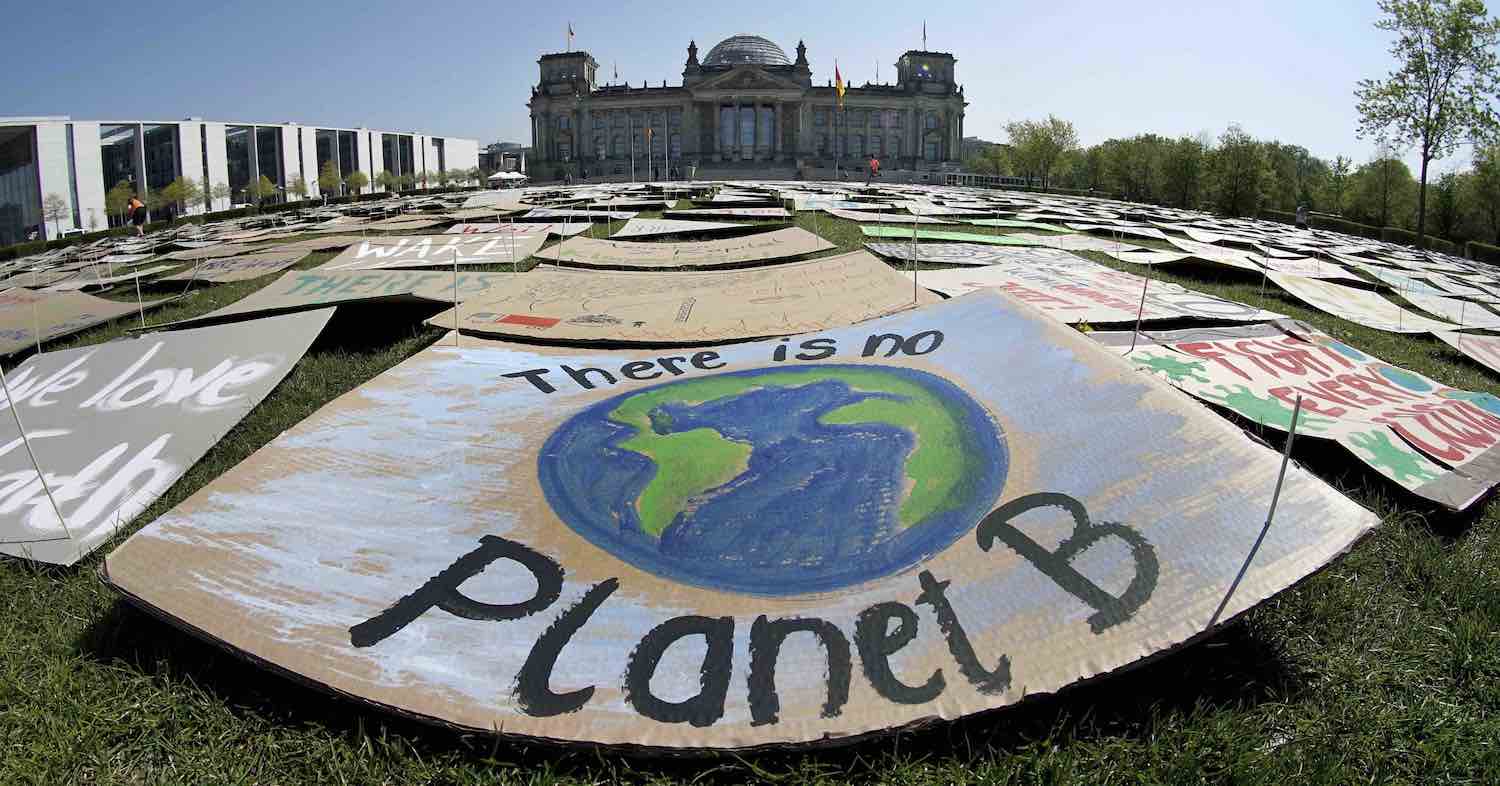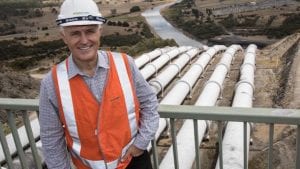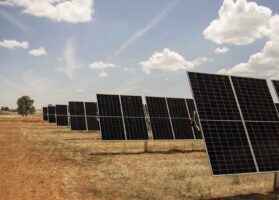Rich lister Alan Schwartz says he is to tip millions into a new lobby group to campaign for stronger climate change policy initiatives.
His brainchild is the Transition Accelerator, a vehicle for both business and not-for-profits to lobby for stronger climate-related policies and laws.
In a speech to the climate investment forum on Wednesday, Schwartz’s message was blunt: business needs to push for government subsidies for emerging carbon abatement technologies, removing fossil fuel subsidies, and eliminating corporate greenwashing such as in the form of low quality carbon offsets.
“We can emulate the lethally effective precedent of the oil and coal industries,” he said in the speech.
“The Transition Accelerator will provide support to any company or investor seeking to not only understand what obstacles lie in its way to undertaking net zero projects, but to take the commercial and political steps needed to overcome those obstacles.
“If you want to get a law or regulation changed, how do you do that? Who would support you and want to partner with you? Who would oppose you?”
He says the group will be a membership-based organisation that matches not-for-profits’ lobbying experience with businesses also seeking to create change.
The concept will try to ensure that campaigns protect business from accusations of greed and NGOs from accusations of selling out.
The Alan Schwartz family fortune is estimated at $400 million. His family office, the Trawalla Group, has allocated $100 million to climate-related investments, a majority of which has gone to climate specialist Wollemi Capital, social investment fund Palisade Impact, and apartment solar development Allume.
Schwartz says his turning point into the world of climate campaigning came during a conversation with Climateworks CEO Anna Skarbek, who explained how national and corporate net zero commitments “are the game changer we have all been waiting for”.
“Once a country or a company commits to reduce its emissions to zero by 2050 the only question is the shape of the curve,” he told the conference.
“That shape, multiplied by hundreds of nations and many thousands of companies, will generate $30 trillion of demand for carbon-reducing products and services and 30 trillion of required investment over 30 years.”








